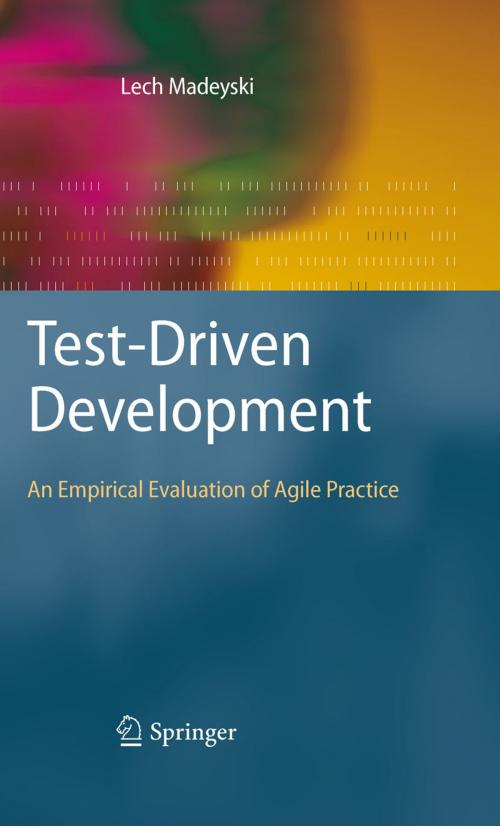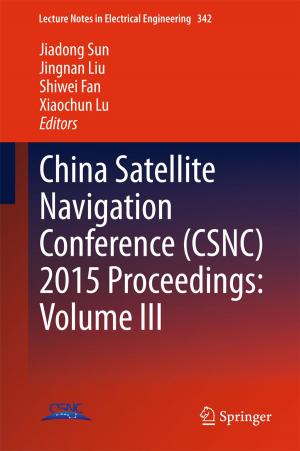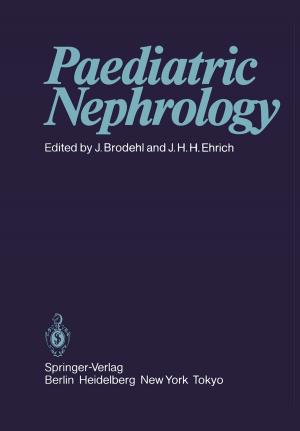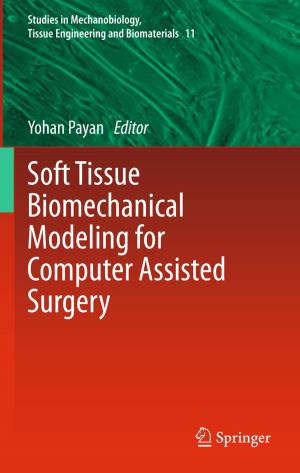Test-Driven Development
An Empirical Evaluation of Agile Practice
Business & Finance, Industries & Professions, Information Management, Nonfiction, Computers, Programming, Software Development, General Computing| Author: | Lech Madeyski | ISBN: | 9783642042881 |
| Publisher: | Springer Berlin Heidelberg | Publication: | December 5, 2009 |
| Imprint: | Springer | Language: | English |
| Author: | Lech Madeyski |
| ISBN: | 9783642042881 |
| Publisher: | Springer Berlin Heidelberg |
| Publication: | December 5, 2009 |
| Imprint: | Springer |
| Language: | English |
Agile methods are gaining more and more interest both in industry and in research. Many industries are transforming their way of working from traditional waterfall projects with long duration to more incremental, iterative and agile practices. At the same time, the need to evaluate and to obtain evidence for different processes, methods and tools has been emphasized.
Lech Madeyski offers the first in-depth evaluation of agile methods. He presents in detail the results of three different experiments, including concrete examples of how to conduct statistical analysis with meta analysis or the SPSS package, using as evaluation indicators the number of acceptance tests passed (overall and per hour) and design complexity metrics.
The book is appropriate for graduate students, researchers and advanced professionals in software engineering. It proves the real benefits of agile software development, provides readers with in-depth insights into experimental methods in the context of agile development, and discusses various validity threats in empirical studies.
Agile methods are gaining more and more interest both in industry and in research. Many industries are transforming their way of working from traditional waterfall projects with long duration to more incremental, iterative and agile practices. At the same time, the need to evaluate and to obtain evidence for different processes, methods and tools has been emphasized.
Lech Madeyski offers the first in-depth evaluation of agile methods. He presents in detail the results of three different experiments, including concrete examples of how to conduct statistical analysis with meta analysis or the SPSS package, using as evaluation indicators the number of acceptance tests passed (overall and per hour) and design complexity metrics.
The book is appropriate for graduate students, researchers and advanced professionals in software engineering. It proves the real benefits of agile software development, provides readers with in-depth insights into experimental methods in the context of agile development, and discusses various validity threats in empirical studies.















